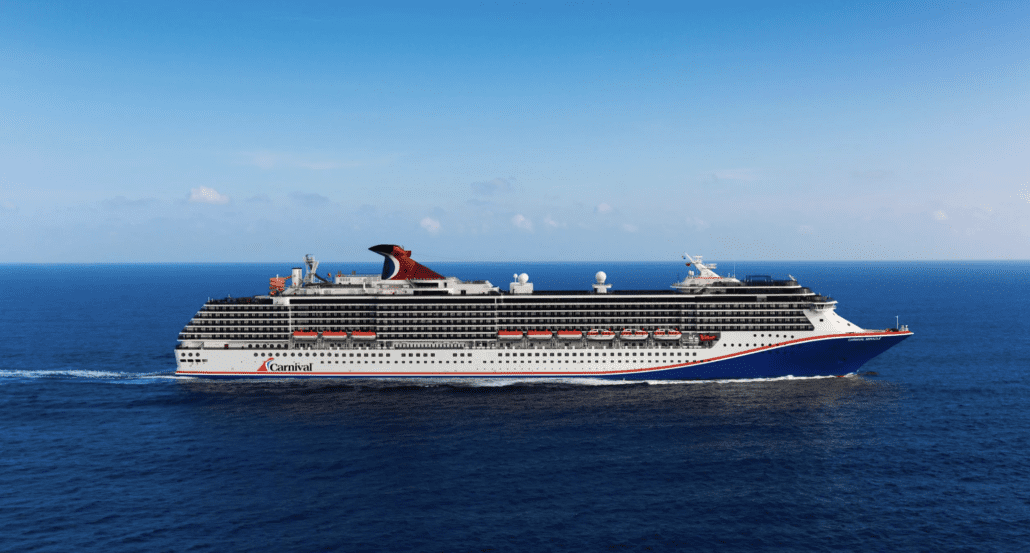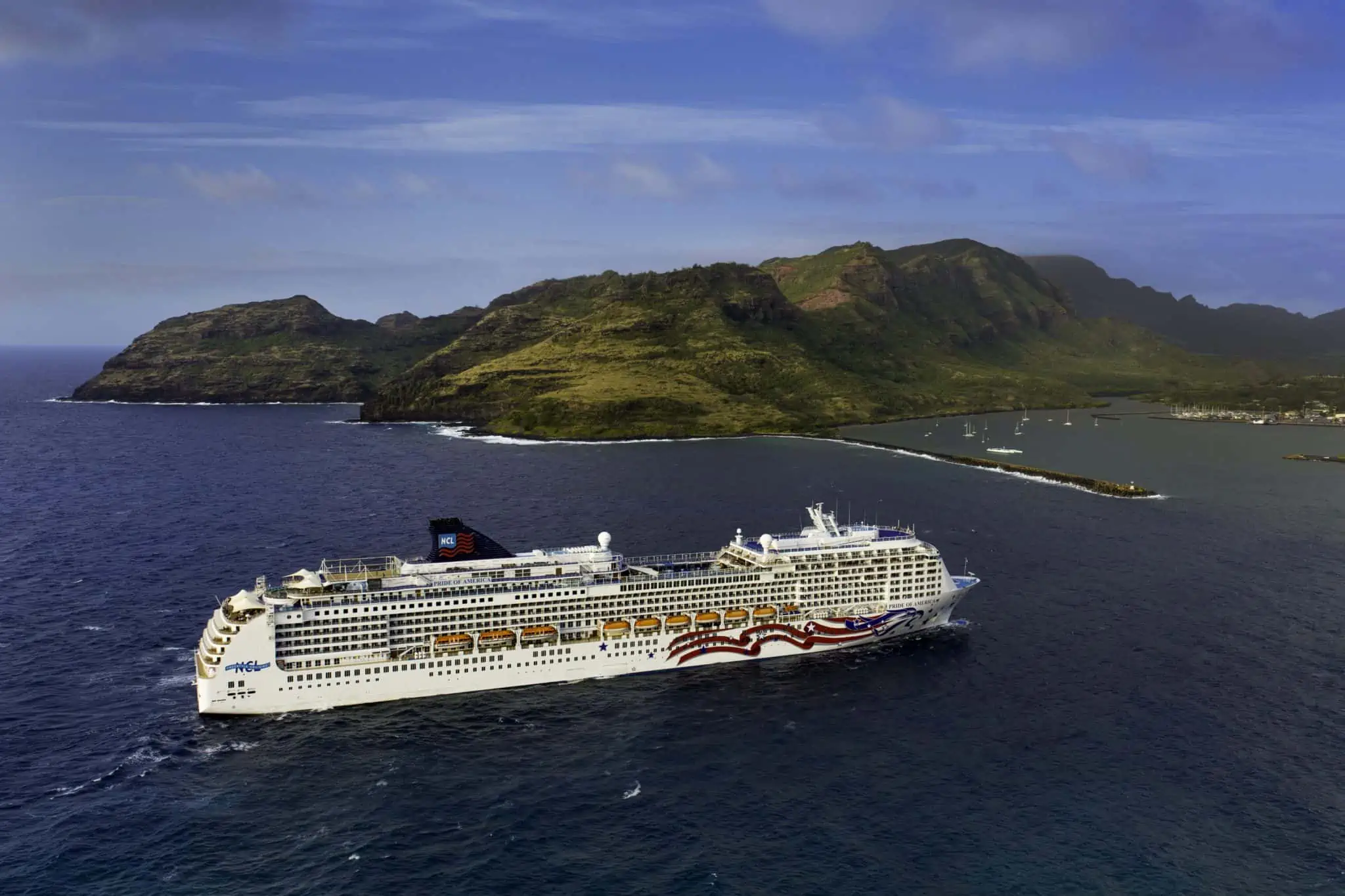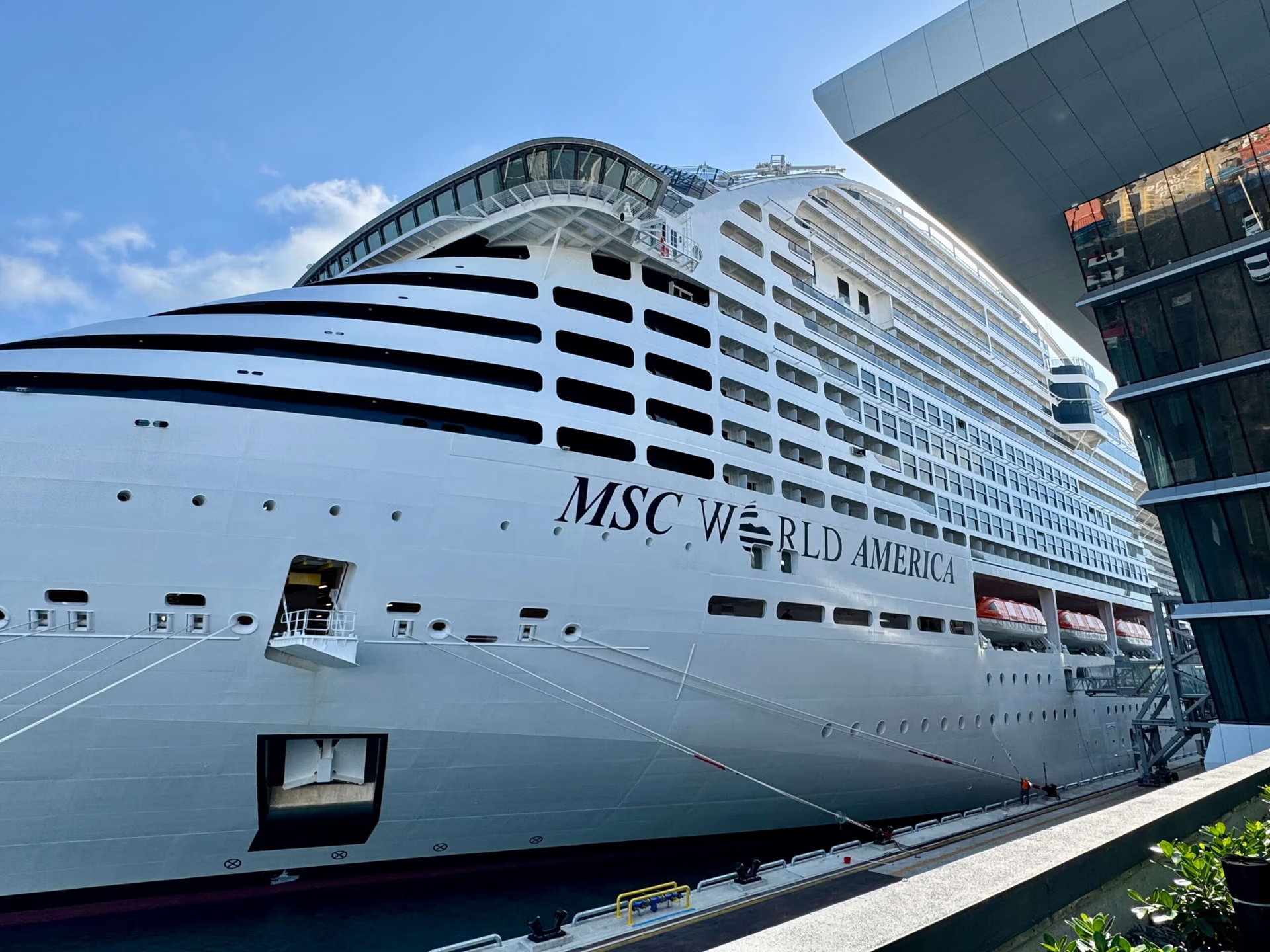Picture this: you’re on a 15-night cruise from San Francisco to Hawaii, ready to enjoy the sun and sea and work remotely.

For Richard Shillington, a YouTuber with the channel “No Pants Profits,” things took an unexpected turn.
Like many tech-savvy travelers, he wanted to improve the internet on his trip using a Starlink Mini satellite device. His goal? To skip the ship’s WiFi, which many say is pricey and unreliable.
But his plan hit a snag when Carnival Cruise Line took his Starlink Mini after he posted a video using his attempt to fire it up on Carnival Miracle.
The cruise line’s rule says no “satellite dishes” on board, and even though Shillington argued that the Starlink Mini is a “satellite disk,” they still took it. His experience on the Carnival Miracle quickly caught the attention of cruisers.
Starlink Cost on Carnival Cruise Line

It should be noted that Carnival Cruise Line, along with other brands under the Carnival Corporation, has Starlink satellite installed for guests.
The internet prices range from $15.30 for the social media package to $21.25 for a premium one-device plan. A multiple-device plan for four is $75 per day.
How it breaks down
- Starlink mini price ($699) plus monthly plan ($250) is $949
- Carnival Cruise Line’s multi-device plan for 15 nights is $1125
- Carnival Cruise Line’s single-device plan for 15 nights is $318.75
Carnival’s Policy on Satellite Devices

Carnival Cruise Line’s rule on satellite devices is clear: they’re not allowed. The cruise line enforces this to maintain control over internet services and ensure safety.
However, the wording in the rule caused some confusion. Shillington saw the term “satellite dishes” as not including his Starlink Mini, which he thought was a “satellite disk.”
Carnival’s rule bans “satellite dishes,” covering a range of devices. This rule influenced the decision to take Shillington’s Starlink Mini. While the rule aims to stop interference with the ship’s systems, it also raises questions about balancing safety and passenger convenience.
The Prohibition of Satellite Dishes

After the incident, Carnival worked to clear up its rule language. They updated their list of banned items to clearly state the ban on satellite dishes, ensuring no confusion for future passengers.
It now says: Satellite dish, routers and other internet related equipment.
Cruise ship WiFi often frustrates passengers. It’s usually expensive, with packages that can add up during a cruise.
The connection is often spotty, leading to dropped calls, slow loading times, and general dissatisfaction. These issues push passengers to find other solutions, like Shillington’s try with the Starlink Mini.
Working remotely can be frustrating very quickly, especially if you’re required to be on a Zoom or Teams call.

Some, like Shillington, try new tech to improve their internet at sea. Others use portable hotspots, data plans, or offline downloads to stay connected. These workarounds push cruise lines to adapt and improve their services to meet passengers’ changing needs.
| PRO TIP: It should be noted that onboard internet is often cheaper when bought in packages before your sailing than once onboard. |
Despite losing his Starlink Mini, Shillington said he holds no grudge against Carnival Cruise Line. You can watch the video here of how it played out.
But the battle for cruise ship internet will continue. In early 2025, T-Mobile is partnering with Starlink to offer smartphone technology on its cellular devices.






